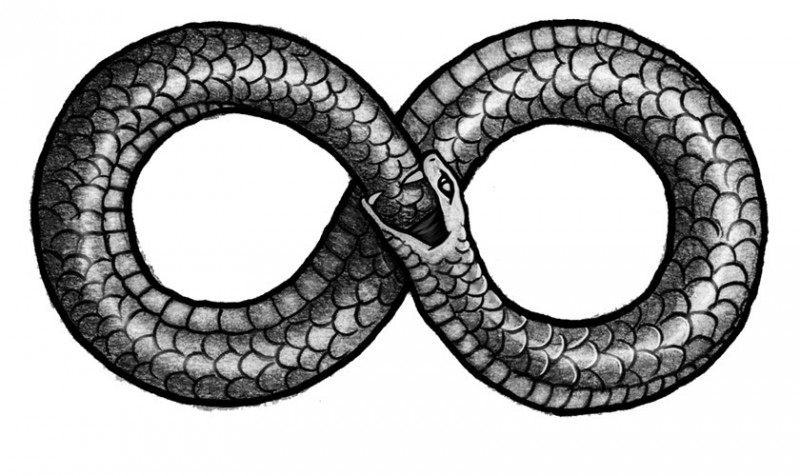A prominent scholar of the CLK-1 story has called the coroner on the mitochondrial free radical theory of aging (MFRTA). From Lapointe & Hekimi:
When a theory of aging ages badly
According to the widely acknowledged mitochondrial free radical theory of aging (MFRTA), the macromolecular damage that results from the production of toxic reactive oxygen species (ROS) during cellular respiration is the cause of aging. However, although it is clear that oxidative damage increases during aging, the fundamental question regarding whether mitochondrial oxidative stress is in any way causal to the aging process remains unresolved. An increasing number of studies on long-lived vertebrate species, mutants and transgenic animals have seriously challenged the pervasive MFRTA. Here, we describe some of these new results, including those pertaining to the phenotype of the long-lived Mclk1 +/− mice, which appear irreconcilable with the MFRTA. Thus, we believe that it is reasonable to now consider the MFRTA as refuted and that it is time to use the insight gained by many years of testing this theory to develop new views as to the physiological causes of aging.
MFRTA recently turned 50, and consequently has received a lot of attention lately; q.v. this review and this retrospective by Denham Harman, the originator of the theory. The thesis of most pieces seems to be that the theory hasn’t been demonstrated to explain the bulk of age-related decline, but that there’s still life in the idea. In contrast, the authors of this review argue that the relevant experiments have been performed and that the theory has been falsified — in other words, we’ve done our scientific duty and it’s now time to move on.
I doubt very much that this article will put a permanent end to the controversy. Data reported fairly recently have breathed new life into oxidative theories in general and the MFRTA in particular. While these authors contend that the CLK-1 mouse mutant contradicts the underlying mechanisms of the MFRTA, other recently reported work on this pathway supports the claim that inhibiting mitochondrial respiration delays aging, a key prediction of MFRTA.
Furthermore, if mitochondrially generated oxidative radicals are truly not playing a causative role in aging, it becomes much harder to explain how mitochondrially targeted antioxidants can extend lifespan in mammals.

![]() Lapointe, J., & Hekimi, S. (2009). When a theory of aging ages badly Cellular and Molecular Life Sciences DOI: 10.1007/s00018-009-0138-8
Lapointe, J., & Hekimi, S. (2009). When a theory of aging ages badly Cellular and Molecular Life Sciences DOI: 10.1007/s00018-009-0138-8

1. Yay on this blog being back
2. It did rather seem in Harman’s retrospective article that he pushed to popularize the free radical theory of aging, and in subsequent years part of this push was in a quest for a Nobel. To put it in short, sometimes the popularity of scientific theories isn’t so much in their proof, but rather in the charisma of the scientists who champion them…as cynical as that sounds…
When they talk about the MFRTA, do they mean just the classical theories or also all its new incarnations (including de Grey’s)?
Hi Chris,
Fascinating posts (this one and the ones you link to).
I selected it as one of my “picks of the week”of molbio blog posts aggregated at RB.
You can check it here: http://bit.ly/fttC8
Cheers,
-A
[…] Ouroboros, a look at researchers who declare the mitochondrial free radical theory of aging (MFRTA) over and […]